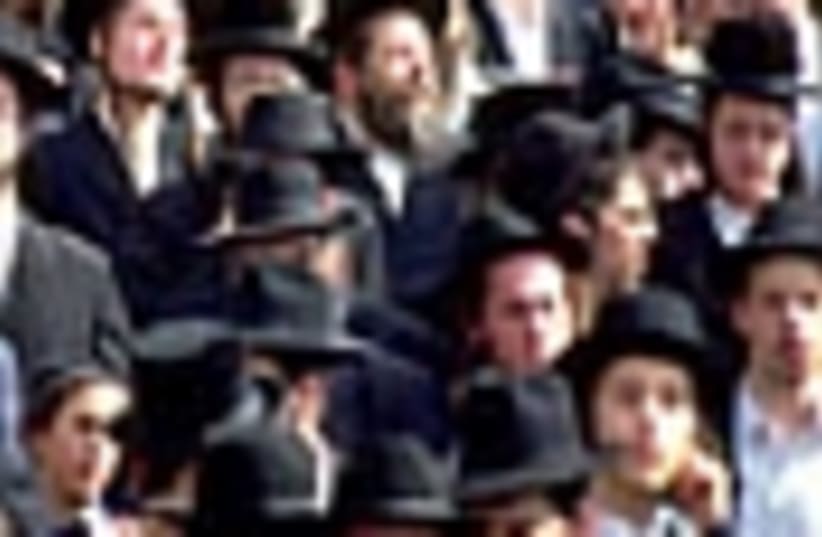| More about: | United States, The Jewish Press, The Jewish Week, New York |
Haredim and the mainstream
Too many US Jewish periodicals ignore what ultra-Orthodox Jews have to say.


| More about: | United States, The Jewish Press, The Jewish Week, New York |